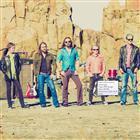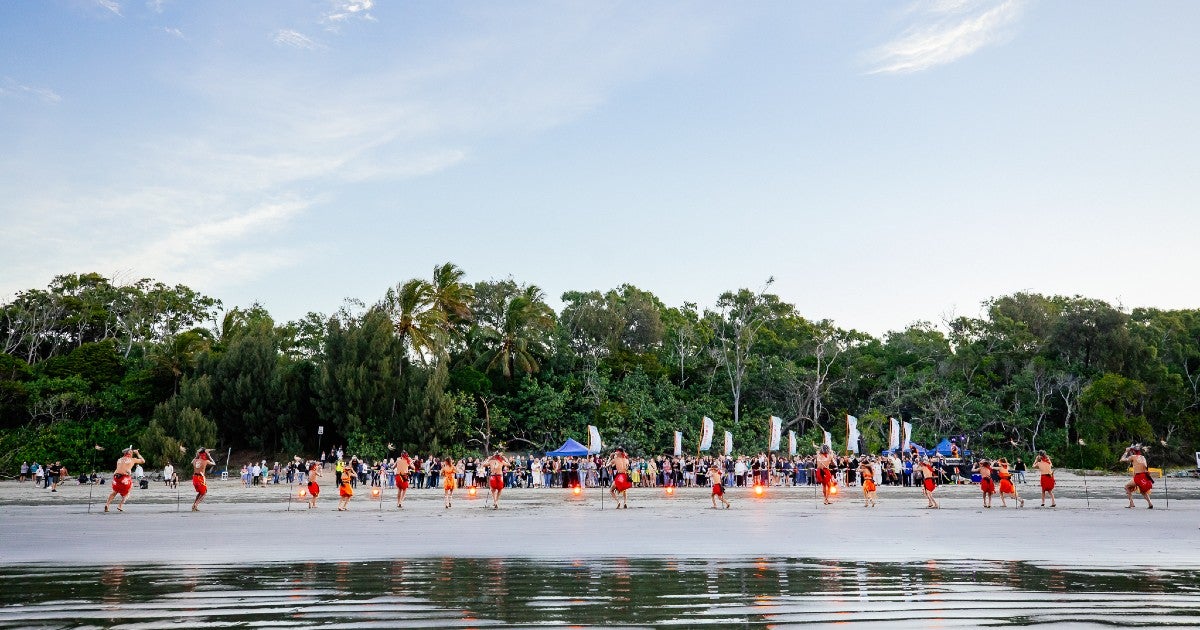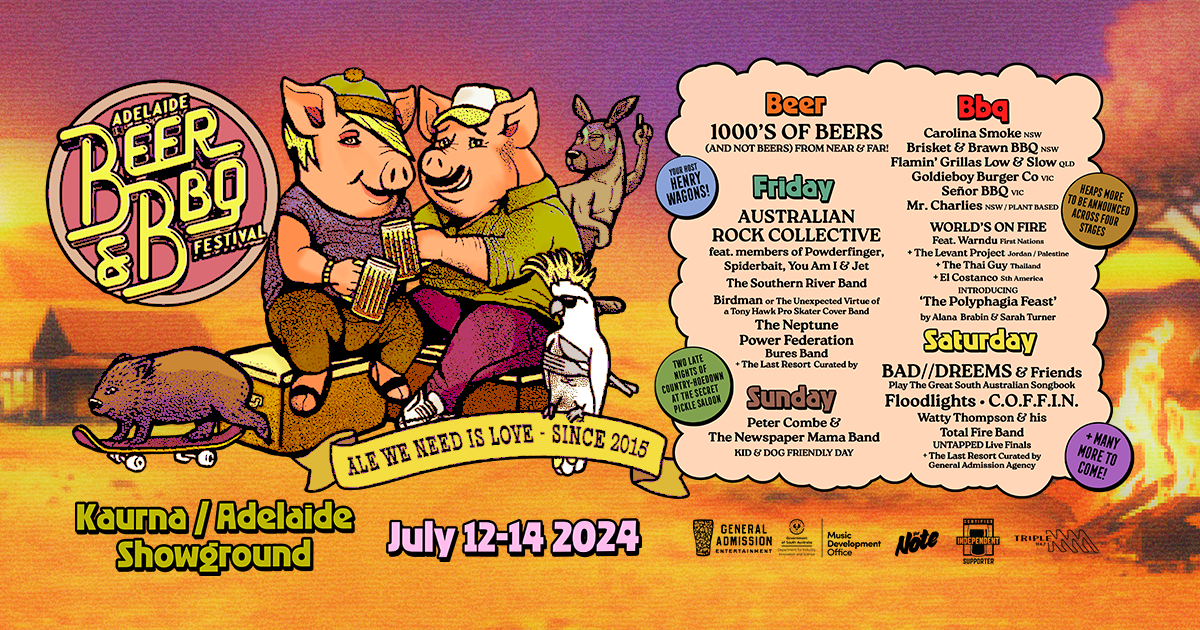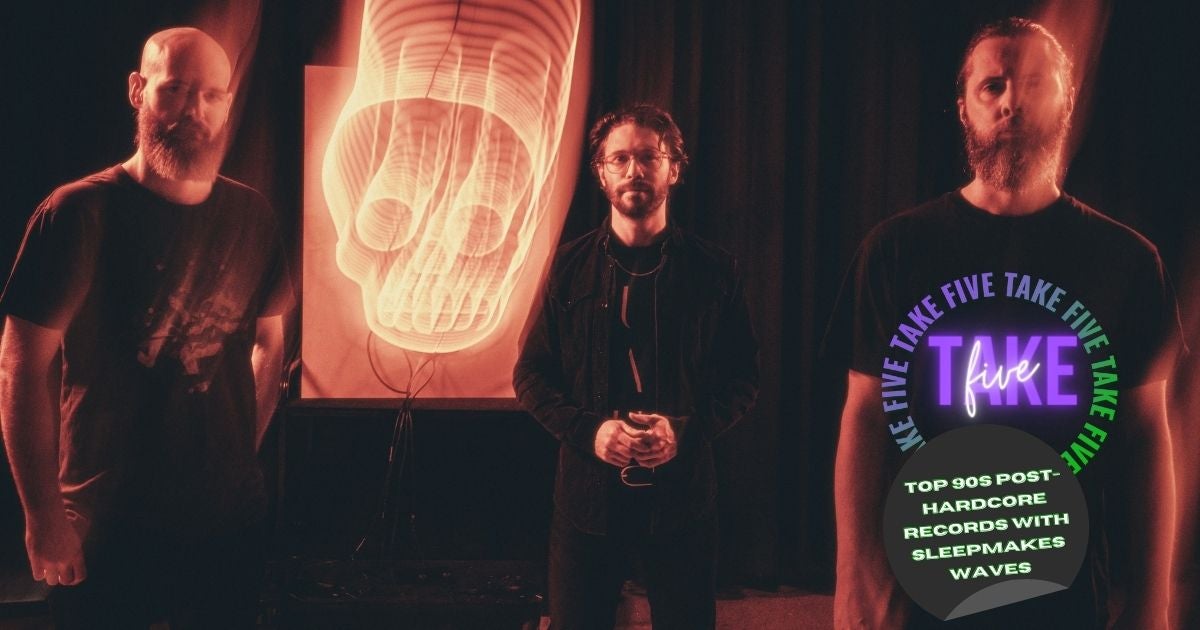
Cheersquad and Heathen Skulls Present
TUMBLEWEED
Wollongong was a tough industrial town. "If you didn't surf and play sport", Lewis recalls, "you got beaten up." Music fans stuck together though, and this sense of solidarity led to a more diverse and adventurous scene than could be found in the more fashion-conscious Sydney and Melbourne scenes. After signing to iconic Sydney label Waterfront in '91, Tumbleweed put out a string of classic releases, their potent alchemy on show throughout a run of classic singles including Stoned, Carousel and Acid Rain. After an ill-fated dalliance with Atlantic Records ("We got flown to New York and they played it to us - this shiny little thing - and we just thought it was shit", says Lewis), the 'weed made the switch to Polydor for what is perhaps their definitive moment, 1995 album Galactophonic.
As the 'weed grew in popularity, they were lumped in with the grunge scene - supporting Nirvana
on their only Australian tour might have had something to do with that - but there was always
something different about them. The fuzzed-out, spiralling riffs, moments of drowsy beauty, and
Lewis' stoned-mystic croon - the Tumbleweed sound was, and is, unmistakable.
Sadly, Tumbleweed's first era ended with a whimper. The difficulty of maintaining both personal and
professional relationships under extreme pressure caused a split in the definitive line-up in '96, with
messyrsHausmeister and O'Brien departing. From this point on, Tumbleweed was on borrowed time:
1996's Return To Earth and 2000's Mumbo Jumbo still hold up, but the band's greatest strength, its
sense of unity, had been lost.
A chance meeting at a Vietnamese restaurant doesn't sound like much, but when Richie Lewis
walked into Halong Bay in 2009 and unwittingly parked his bum alongside Paul Hausmeister, it set in
motion a chain of events that led to the biggest show of Tumbleweed's career, nine years after their
untimely demise.
To cut a long story short, time had passed, hatchets were buried, squabbles were forgotten. As
musicians and as people, the good aspects of their shared history far outweighed the bad.
Eventually, only one question remained. Did they still have it? The sea of enraptured faces that took
in Tumbleweed's barnstorming comeback set at the 15th annual Homebake in 2009 can testify that
yes, they did -and a one-off reunion soon snowballed into appearances at Meredith and the Big Day
Out, with national tours following.
Tumbleweed were determined that their reunion be more than a nostalgia trip, though. They
needed to say something new. With this in mind, the band got to working on new material with a
clear understanding: any new output had to match or exceed their best work, or they wouldn't
release it. Sounds From The Other Side proves that they are as good as their word.
There are no rules with Tumbleweed, but there are a few things you can rely on. It can get heavy,
but it's got to groove. No tricks, either - Big Muffs and wah pedals only, and everything goes straight
onto analogue tape. As it was then, it is now. Long-time producer Paul McKercher was once again in
charge of harnessing the band's famed live intensity, and the results are predictably fierce.
After an extensive writing process - the band reconvened in their old rehearsal space, working riffs
and sketches (some dating back to 1995) into full, technicolour songs- McKercherspent a whirlwind
12 days with the band in Rancom studios, and another 12 days mixing at The Grove. Says Lewis on
the recording sessions. "We like to keep it simple. It's just a question of finding a studio with a bit of
charm, some old analogue gear, good microphones and a nice-feeling room."
Sounds From The Other Side harks back to the classic Tumbleweed era in both sound and attitude,
but it is clearly the work of a band that have learned plenty about their craft. For every trademark
stomper like 'Night Owl' or 'Mountain', there's a song like 'ESP', a dizzying, psychedelic marvel. Then
there's the gorgeous 'Drop In The Ocean', which "pretty much sums up everything I've ever wanted
to say", says Lewis.
Despite their sonic evolution on Sounds From The Other Side, it is Lewis' lyrics that bear greatest
testament to Tumbleweed's growth. As always, Lewis' lyrics are drawn from a mix of personal
experience and existential reflection. "They were weird then, and they're weird now", he says with a
laugh. "But the songs are always true to what I'm feeling. When I was younger, I was pretty airyfairy.
With age, you get a sense of what really matters, and I wanted to explore that."
Sounds From The Other Side stands among their best, and if this is the end of the Tumbleweed story,
then it's a hell of a full stop. Though it feels like there a few more chapters to come.
Support: Sun God Replica




